Alright – so today we’ve got the honor of introducing you to Thomas Riccio. We think you’ll enjoy our conversation, we’ve shared it below.
Thomas, appreciate you joining us today. It’s always helpful to hear about times when someone’s had to take a risk – how did they think through the decision, why did they take the risk, and what ended up happening. We’d love to hear about a risk you’ve taken.
In 1988 I was hired as an Assistant Professor of Theatre at the University of Alaska Fairbanks. I had left my job as artistic director of the Organic Theatre in Chicago, resigning disillusioned and spiritually exhausted. The theater had become increasingly corporate and took from me without giving in return.
I had the same feelings I had when I was a teenage window clerk for McDonald’. I felt trapped in American theatre’s bloodstream, only to find I was an industry worker selling a consumer product. In my heart, I knew theatre had to be more than subscription series, grant hustles, good reviews, and cocktail parties with corporate sponsors.
When I saw the job listing, I had no idea Alaska had a university. I needed a change. My marriage was in free fall. I found the Chicago theatre scene dated and full of itself. I needed a clean break to challenge and rediscover myself. Something drastic would do fine.
Two years before applying for the job, when on vacation with my then wife, Lola, we had visited Juri Chrisjanson on his 15,000-acre ranch in lower Alberta. He was the former fiancé of Lola’s mother and needed the open space and purchased the land in the early 1960s for a few dollars an acre. Our vacation was a glorious time full of horseback riding, mountain biking, and river kayaking. Juri was the type of guy that ran up a small mountain on his ranch before breakfast. I admired Juri’s radiant outdoorsman face, easy confidence, and generosity. Having dinner one night, I asked him what he would do if he were my age. Without hesitation, he said, “I’d go to Alaska.”
I applied for the job because of his offhand response. I got the job, bought a Jeep Comanche truck, stuffed all my belongings into a small U-Hall trailer, and drove to Alaska. I traveled seven days and 4,500 miles of long roads that went ever deeper into the bosom of nature.
Soon after arriving in Fairbanks, I got a call from the university’s Alaska Native Studies Department director, Mike Gaffney, who told me that the university had an Alaska Native Theatre program called Tuma Theatre and that the previous director had unexpectedly. He wanted to know if I would take it over. Before that, I had never considered Alaska Native anything. I had no idea Alaska Natives had theatre. Before applying for the job, I didn’t know Alaska had a university or even where it was on the map.
“If you don’t take the position, they will probably cut the program,” Gaffney leveled with me. “The budget is one hundred thousand dollars.”
I said yes, but that night something troubled me. The next day I went back to Gaffney and told him about how my solitary drive to Alaska gave me plenty of time to think and my resolve from then on out to do the best I could or not do it at all. Gaffney nodded when I told him I could not direct Tuma Theatre in good conscience. I knew nothing about Alaska, its native people, or their performance and felt I would do more harm than help. My participation would be a new form of do-gooder colonialism imposed on people who have already suffered so much.
Gaffney appreciated my honesty, “Here’s what we’ll do. I’ll pay for your travel to the villages, meet elders, do field research, and do whatever you need to prepare yourself. Take two years, and when you are ready, reinvent the program. I want you to do it well.”
I’m a born and bred city guy. Going to Alaska was a risk that needed to be taken. It was a needed clean break, a reboot of my life trajectory. My work with Alaska Native people, the Inupiat, Yup’ik, and Athabaskan, was an awakening of life-changing significance. Working with Alaska Natives taught me many things. A few simple yet profoundly transformational understandings that live with me still are “chance is how the spirits speak.” The world is in a constant dialogue, with feelings, ideas, and words being only part of a larger and continuous conversation we are constantly having with the world.
The clouds, a river, a bird flying by, meeting someone new, and all of life and the world are speaking if you listen. In this way, you are not alone, and in a sense, there is no such thing as risk. Everything is as it should be, and everything is perfect. If something happens, an obstacle, a rejection, a sickness, or a mistake is saying something. It is an opportunity. It is the world speaking and guiding. “Accept, don’t expect” is another Alaska Native guiding principle. This means accepting where you are, which will tell you what you need to do. We do not have thoughts. Thoughts have us—there is a reciprocity with the world, and within this understanding, there is no risk. Only what must be done. This requires a person to remain open and not judgmental or resistant to where and how the world directs you.
This way of being requires generosity, compassion, and acceptance of others, yourself, and the world.
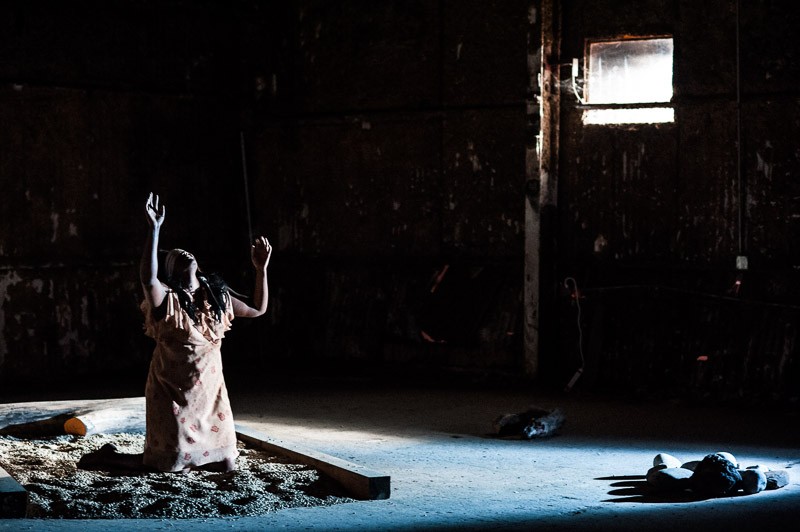
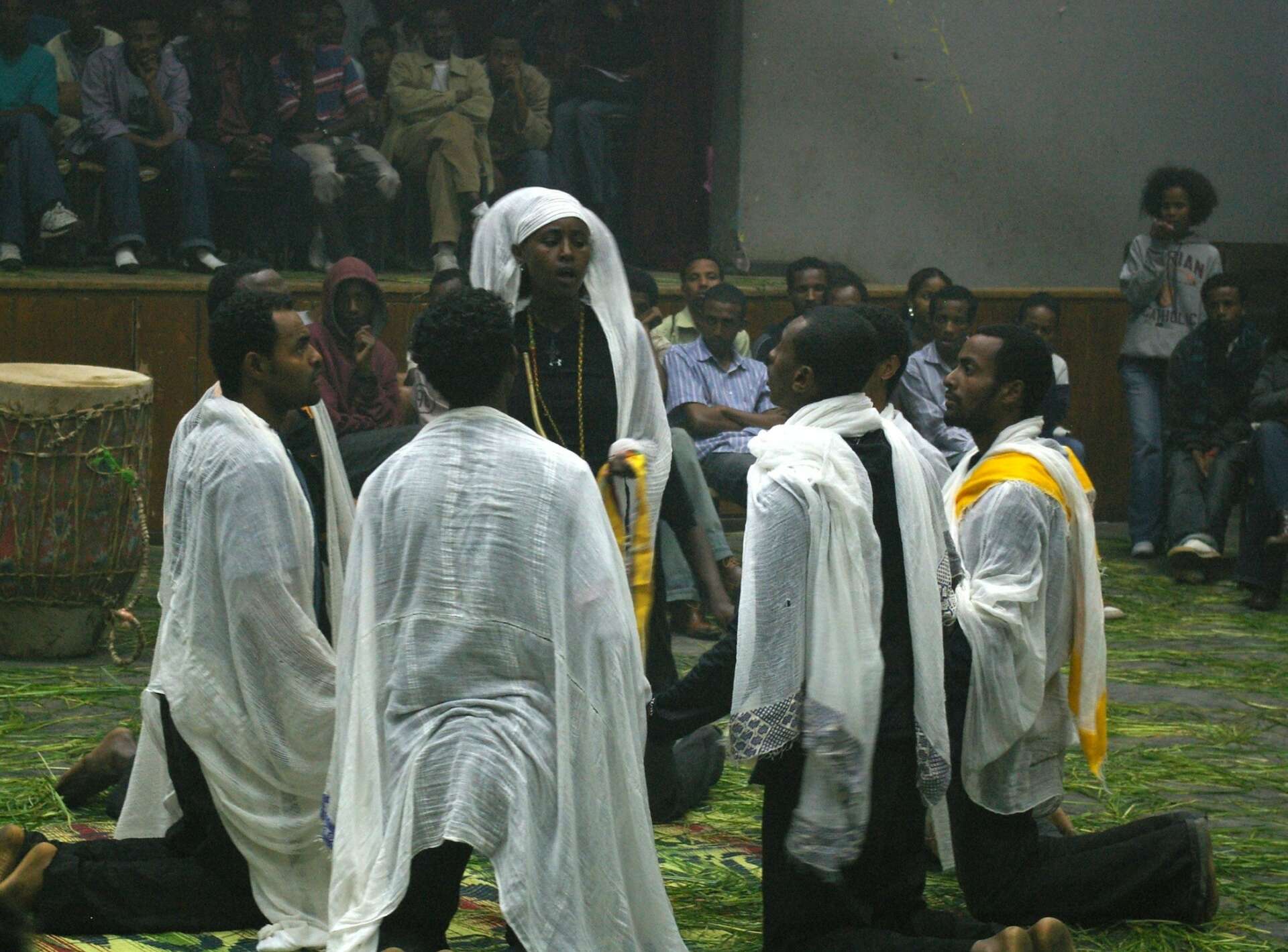
Thomas, before we move on to more of these sorts of questions, can you take some time to bring our readers up to speed on you and what you do?
I am a multi-media performance artist, director, playwright, and educator. There are three distinct yet intertwined currents of my work: 1) experimental theatre and video, 2) indigenous performance and the ethnographic study of ritual, shamanism, and healers, and 3) narrative engineer and creative director for humanoid social robots with Sophia, the most notable robot I have worked with.
A theatre and performance artist by training, educated at Cleveland State University, Boston University, and New York University, my initial interests were in commercial theatre—I wanted to be a Broadway director. I soon abandoned that idea for the type of work that has fed and sustained my soul. I’ve always been independent-minded and do what I like when, where, and how. This credo has seen me through many years of success and creative fulfillment.
Born in Cleveland and raised in an Italian American working-class neighborhood. I spent my early theatre career directing at American regional theatres, LaMama ETC, The New York Theatre Workshop, and the National Theatre of Italy. At 28 years old, I was named the Artistic Director of Chicago’s Organic Theater. The Cleveland Play House named him dramaturg and resident director, and during grad school, I was Assistant Literary Director at the American Repertory Theatre at Harvard.
After fifteen years at the University of Alaska, I took a position at the University of Texas at Dallas, where I have been a professor of Visual and Performing Arts in the School of Arts, Humanities, and Technology for the last twenty years. Visiting Professorships include the University of Der es Salaam, the University of Pondicherry (India), the University of Nairobi, the Korean National University for the Arts, and Jishou University, Hunan, China.
Working with indigenous groups in Alaska led to invitations to work with the Zulu of South Africa, with several different ethnic groups in Zambia, Kenya, Burkina Faso, and Tanzania. Other work includes St. Petersburg, Russia, Korea, India, Nepal, and the Republic of Sakha (Siberia), which declared him a “Cultural Hero.” Notable projects include devising/directing a performance in Addis Ababa, Ethiopia, and the !Xuu Bushmen of the Kalahari Desert. For the last eight years, I have conducted performance ethnography with the Miao people of southwest China, which will result in a book and a full-length documentary currently in post-production.
My work utilizes traditional, ritual, mythological, and performance expressions specific to the context and objectives of a project. I have conducted workshops and created performances that blend scholarly research, cultural reclamation, social and political reconciliation, drama therapy, and aesthetic production. The work and study in Alaska garnered invitations to work with groups internationally similarly concerned with the issues of preserving and utilizing traditional performance expressions.
Each culture offers up unique resources and perspectives that are marginalized or disappearing. During this critical time of an environmentally stressed planet, all knowledge, including orally transmitted and especially place-based and embodied knowledge, is valuable, if not essential. Each voice of the earth must be articulated, and heard performance transcribes the earth’s knowledge. In many ways, we are all becoming indigenous again; maybe out of the necessity of survival, we are all becoming a part of an emerging culture called earthlings.
Numerous honors and grants supported my work with indigenous cultures, with the work supported by a wide variety of international foundations and governmental agencies. The work has included my conducting workshops and presenting lectures worldwide at such places as the national theatre schools of Poland, Sweden, Finland, and Estonia. Academic writings have appeared in TDR, Theatre Forum, Theatre Topics, Theatre Research International, and PAJ. Peter Lang published Performing Africa: Remixing Tradition, Theater, and Culture. The Alexander Onassis Foundation awarded me an International Distinction Prize in Playwriting. I was an artist in residence at the Watermill Art Center and collaborated with Sibyl Kempson on a series of performance rituals at the Whitney Museum. Routledge will publish my book on Sophia the Robot; another book, a travel memoir, is recently completed.
Dead White Zombies was founded in 2011 by Lori McCarty, Brad Hennigan, and myself as a Dallas-based post-disciplinary performance collective that creates immersive, site-specific works which include elements of theatre, dance, sound, visual, sculptural, and media art to create performance installations. I am the Poo Pah Doo (aka Artistic Director) of Dead White Zombies, an award-winning, whom I designed, wrote, and directed several controversial and acclaimed performance immersions (www.deadwhitezombies.com).
I wanted and needed to do something absurd, disruptive, and challenge thinking, hence the name Dead White Zombies. The name dictates that we don’t do traditional and that something untraditional is expected. Naming is essential. Naming is a prophecy. Indigenous people know this—naming is a spirit. It creates energy and expectation and attracts certain things to you.
What DWZ offers is a modest exploration to introduce alternative dramaturgical models and assert performance as a practical and functional event that bespeaks a new and emerging indigenous worldview. We are all becoming earthlings—this is the new and emergent indigenous.
Dead White Zombies view the world as a multi-vocal flux of complex, overlaying, and interplaying voices and narratives. Some DWZ precepts:
The world shapes its necessary form and expression when allowed to speak and be heard.
The act of performance is viewed as a semi-sacred event, a gathering place where the animated world – be they people, elements, objects, environment, spirits, and animals- convenes to express, examine, and reflect on the greater animate world.
Dead White Zombies does not shape its expressions to anyone’s inheritance or dramaturgical conventions but instead seeks to articulate what the given elements and personalities offer. Chance shapes the moment.
Performance installations are a starting point in re-introducing an indigenous sense of place. It seeks to incorporate a broad range of element-materials, architectural settings, media, performed expressions, and the extensive use of every day, found, and natural objects in aestheticized contexts.
My association with David Hanson, a former Ph.D. student of mine, began in 2005 as Lead Narrative Engineer and has included character writing for a variety of robots, among them Einstein, PK Dick, Zeno, and Bina48. As Creative Director for Hanson Robotics (2018-19), I directed video and wrote personality for Sophia, the world’s most advanced humanoid social robot. My work with indigenous performance, ritual, and shamanism, combined with DWZ and experimental, site-specific, and immersive performance, greatly informed my work with humanoid social robots.
In my capacity as Lead Narrative Engineer, David and I were guided by one central idea: how we establish social robots will influence not only his company Hanson Robotics but also others working in social robotics. Robots in popular culture — literature, film, television, video games, and comics — are depicted with suspicion, manipulated by external forces, or out to extinguish, enslave, or replace humans. How the field of social robots was established, our thinking went, would set a precedent. We believed that if the spirit of art and humanism informed our robots, this would countervail the bad stuff. Compassion and humility, rather than arrogance and aggrandizement, were our guides.
I’m just a guy. I mean and humbled by the diverse opportunities offered to me. I’m in dialog with a greater reality of the world and look at myself as someone here for 80 or 90 years with the job of channeling whatever I need to channel. That’s kind of how I see life. I go wherever it takes me.
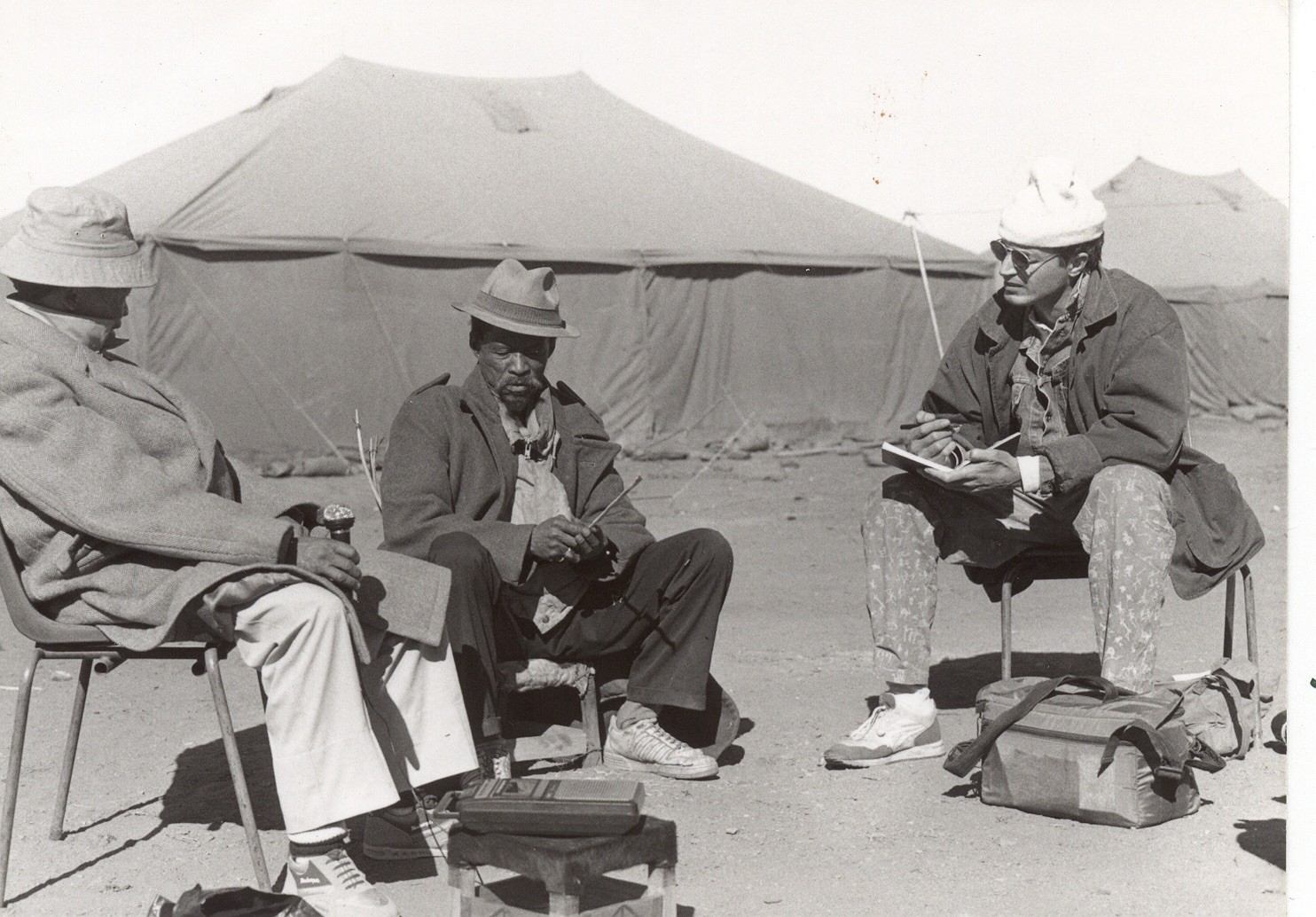
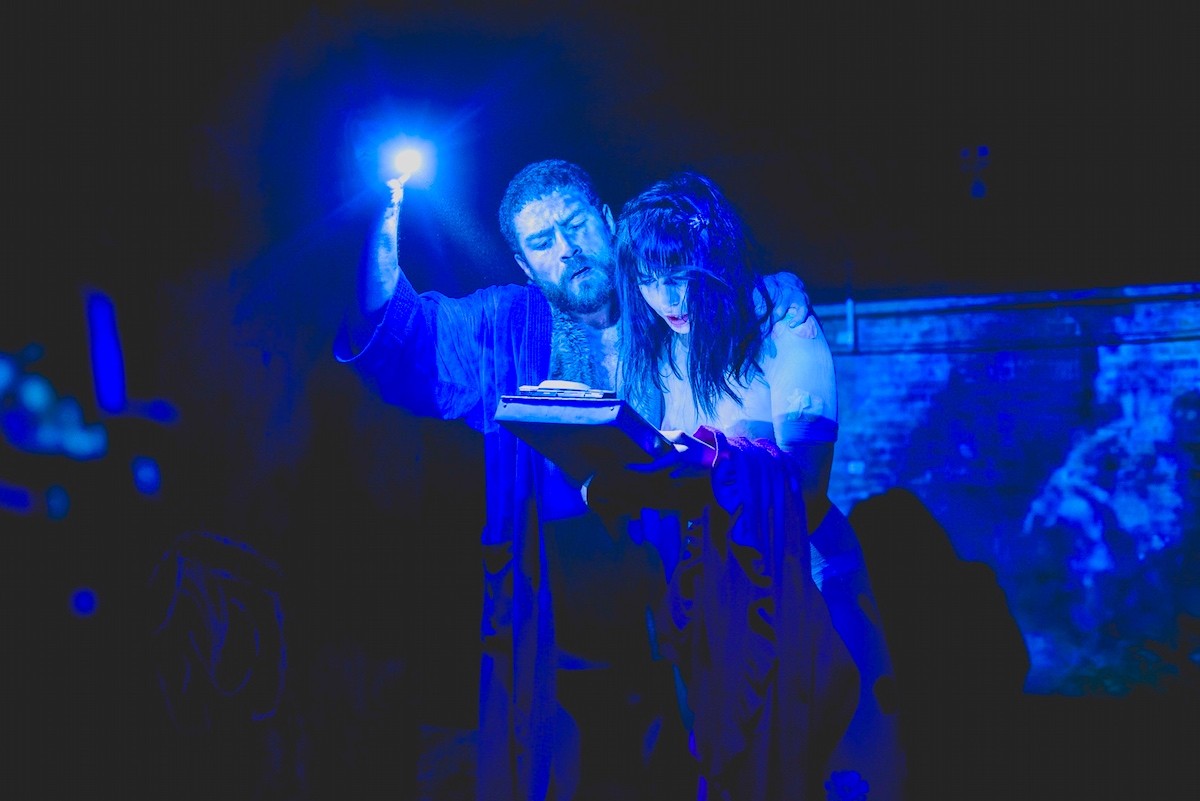
For you, what’s the most rewarding aspect of being a creative?
Human-to-human interaction, isn’t that what life and happiness are all about? Reward and success are understood in terms of emotional, physical, and mental effort. And that’s exhausting, fulfilling, and rewarding. That is what is lacking, what humanity is losing, and what is being taken from us by technology, consumerism, materialism, and urbanization. People sharing with other people. Very simple, and in that lies beauty and hope. Conversing, sharing, caring, and working together to create something that leaves the world better than we found it. The more you give, the more your receive. Sharing and giving to others, to your part of the earth, to elders, ancestors, animals, and to the needs of the present. A thought, a word, a feeling, or an action is an interaction with the world, which are simple and constant rewards and happiness. My belief in the world’s goodness keeps me going and makes me a lucky guy.
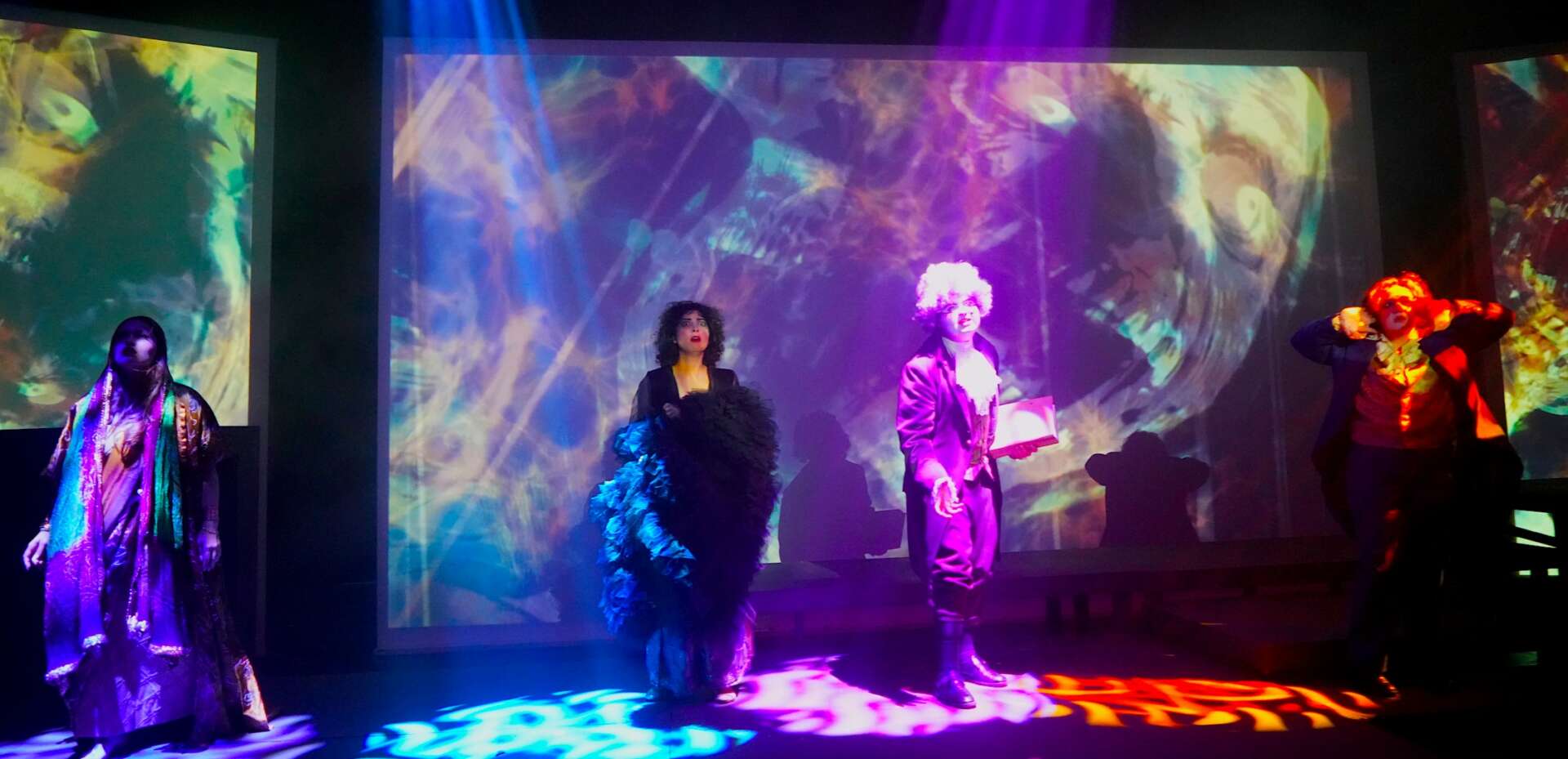
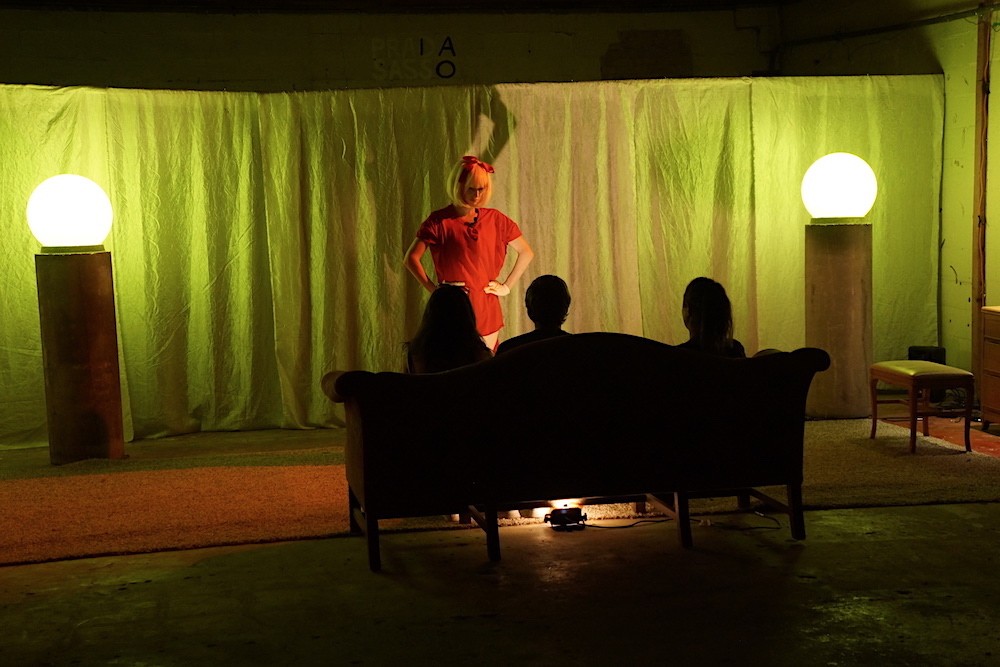
Can you tell us about a time you’ve had to pivot?
When I was 18, I was a merchant seaman on the Great Lakes, working on the ore boats. The third mate was a man who had retired as an English and Irish literature professor. We became friends, and one day he said, “You’re too good for this. You need to go to college.” He started giving me books to read—you have a lot of downtime for reading when sailing and between ports. He said, “You need to know these authors and books.”
I attended a technical high school and was not a big literature reader. I was trained to work in industry, tool and dye, mechanical drawing, etc. This guy gave Shakespeare, Yeats, Beckett, and O’Casey all sorts of Irish literature. Then, he filled my head with Nietzsche and Husserl, and I couldn’t get enough. We talked about what I was reading, and he became my private tutor.
Professors at Trinity College in Dublin, Oxford, and Cambridge were his friends, and he put me in contact with them, and a summer school to study Yeats and Irish lit in Sligo, Ireland. I had no college experience up to that point. Suddenly, I am studying with the leaders in the field. I was a roughhewn working-class guy from Cleveland, and these professors we delighted to have my raw and unbridled perspective in the classes. Irish lit is earthy and working class and many of my classmates had no idea or feel about what many writers were discussing. That life was alien to them.
I was so blunt and out of the ordinary, the professors and my classmates took a liking to me. I read and knew the material, and I also had a big wad of money from working on the Great Lakes and was a bit cocky. Maybe I was overcompensating and feeling insecure. In any event, they thought I was a wild man.
Meeting the retired professor on the Great Lakes and the following events was pivotal. Who knows what would have become of me otherwise? Working in a steel mill foundry or for Ford Motors as several of my relatives did? That experience was a massive and fundamental shift. Forcing me to question, pivot, and then throw off inherited expectations to realize my fuller potential. It was pivotal in that I was enabled to seek a life of my own making.
After Ireland, I traveled to Europe for several months and returned to the States when I ran out of money. It was a series of events that took me along for a ride. It was a period that determined my life and how I moved through the world. When you are open, things come to you. What was given to me, but to pass on to others in the spirit of generosity.
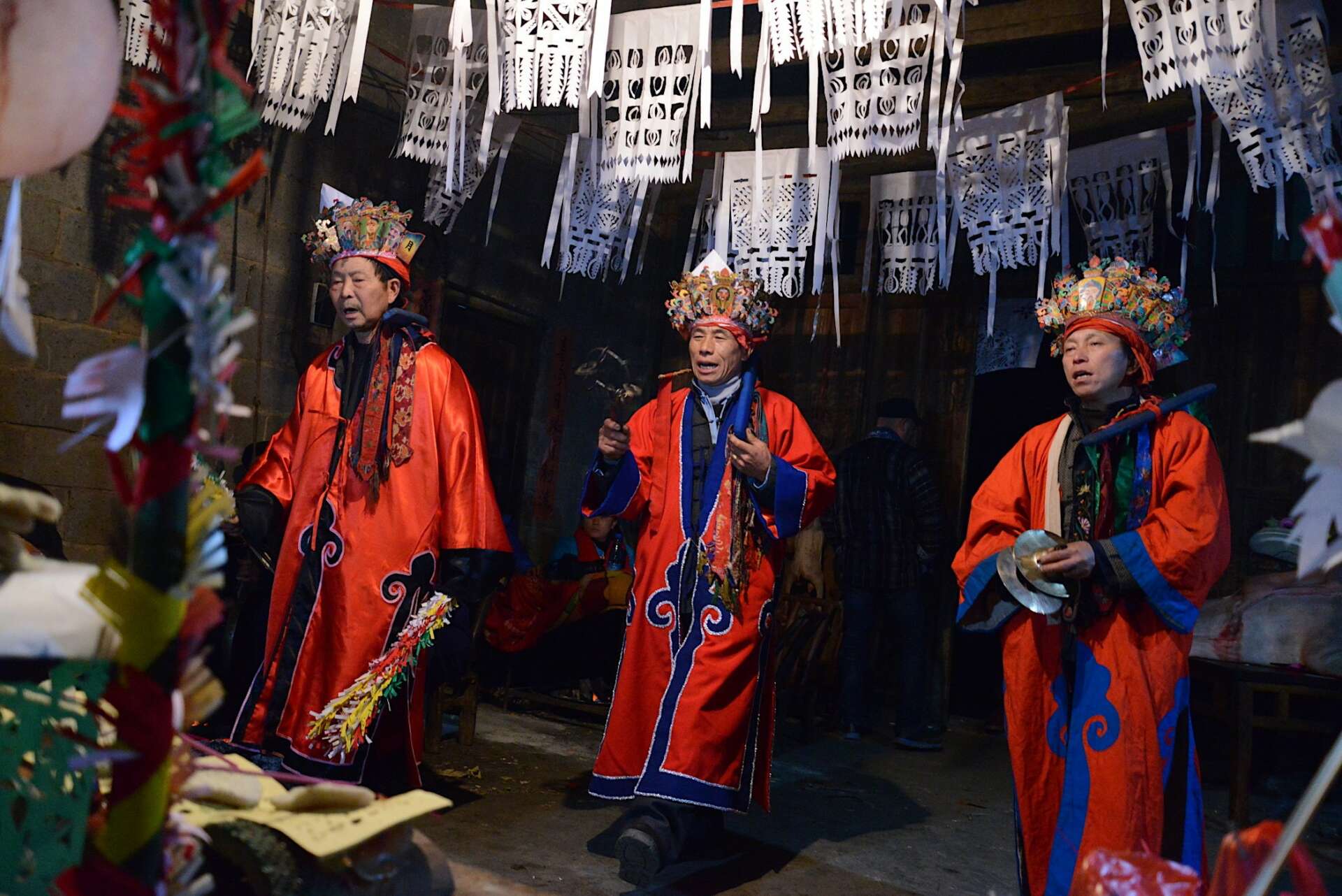
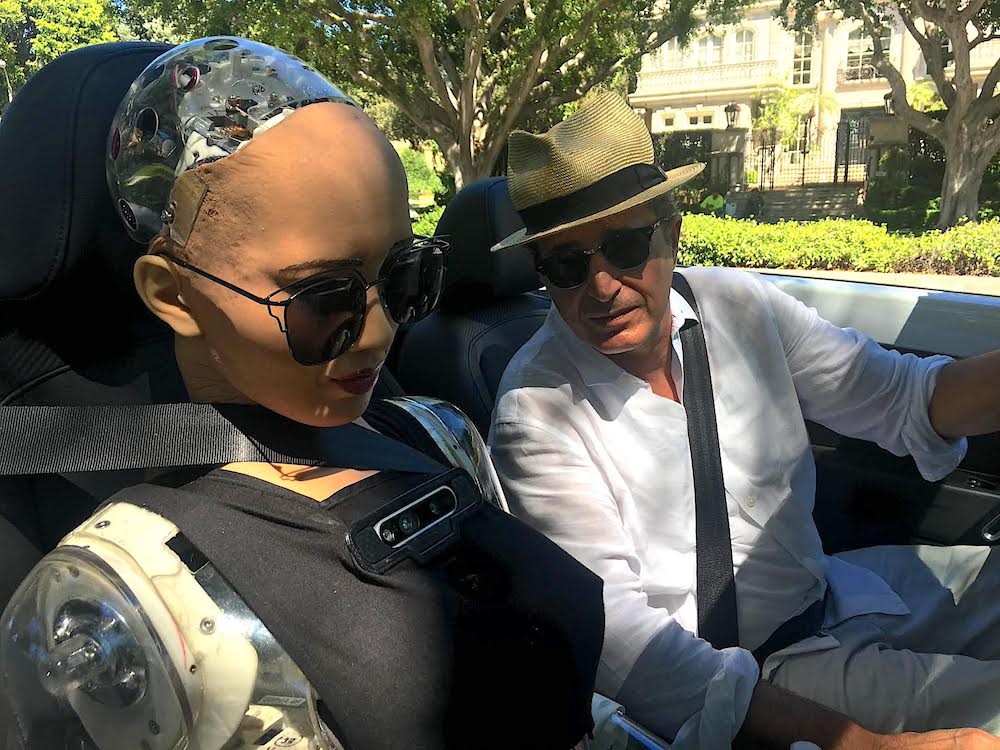
Contact Info:
- Website: www.thomasriccio.com, www.deadwhitezombies.com


